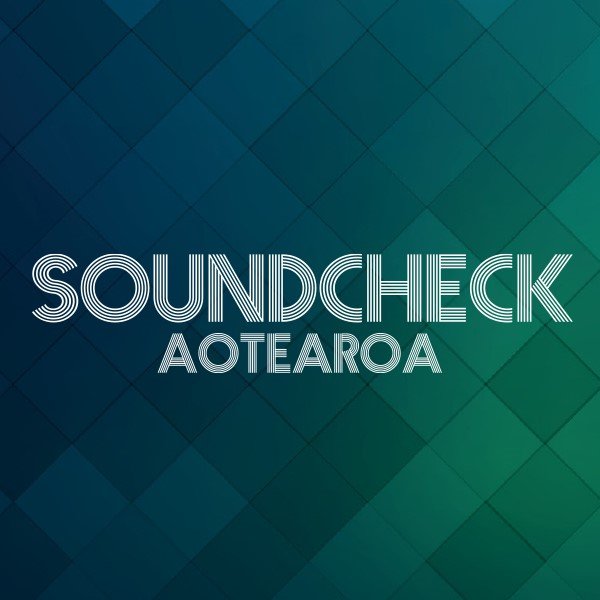Community Restorative Framework
A tool for music communities and workplaces dealing with sexual harm and figuring out next steps.
In 2023, SoundCheck Aotearoa began developing a resource (a Community Restorative Framework or ‘CRF’) to address the ripple effects of sexual harm in communities and workplaces.
The final resource will be a short guide that provides a framework to help organisations, communities and businesses work through things like:
• whether to work with people who have done/been accused of harm
• ‘accountability’, ‘rehabilitative’ and ‘restorative options’ available
• the reintroduction of individuals who have caused harm
• how to address safety concerns of other staff who have contact with the accused in a safer and survivor-informed way.
The framework would not offer a single outcome for all queries that emerge from communities, but would instead provide some questions people can use to reach their own conclusions and be able to talk about what they think should happen in their community after someone has done harm.
Why do we need a Community Restorative Framework?
Over the past few years SoundCheck Aotearoa have received queries from members of the music community who are dealing with things like:
the reintroduction of individuals who have caused harm
accountability for previous behaviour
whether to work with people who have done/been accused of harm
how to support survivors and /or a person who has done/ been accused of harm
how to encourage healthier behaviours
the place of public apologies and statements
rehabilitative and restorative options available
the steps needed to inform decision making around booking bands when a band member has been accused of harm
how to address safety concerns of other staff who have contact with the accused
what to do about awards, bookings and contact with people who have done harm or been accused, and many more elements resulting from the impact on the community of sexual harm.
faqs about thE COMMUNITY RESTORATIVE FRAMEWORK
-
‘Sexual harm’ refers to any sexual behaviour that was nonconsensual, unwelcome or offensive.
-
Workplaces are anywhere that you are doing work. In the music community this might be wherever you write, perform or produce music, or a space (online or offline) where people are working to support music. We include spaces where people are not paid for their time but where they are working to create or support music.
-
These questions are for anyone in the music community regardless of role or direct experience of harm.
We are keen to hear from anyone affected by sexual harm including (but not limited to):
anyone who has experienced harm
concerned friends and whānau, bystanders, colleagues, and members of the public who have engaged with someone working in the music community
businesses and workplaces who have responded to a situation
businesses and workplaces and community members who are interested in preventing harm from occurring
anyone who has done harm or is accused of harming someone.
-
We are designing the tool to be survivor-centred in that it will provide prompts about considering the survivor, ( E.g., has anyone reached out to the survivor, does the workplace know what the survivor wants to happen, how can we reach out to the survivor in the safest way possible? Etc.). The tool however will not just focus on the actions of/with the survivor as our hope is that everyone in a community plays their role in supporting healthier and safer practices after harm has been done.

